Biotin (B7)
Health benefits of Biotin (B7):
Plays a key role in enabling fats, proteins and sugars to support our life, contributes to our energy creation and mental health, and may play a role in reducing the risk of cancer
The Worlds Science
What is biotin?
The name biotin comes from 'Bio' the Greek word meaning life1, and is an essential water soluble vitamin also known as vitamin B7 that we must obtain from our diet..
Why does it matter to me?
Energy Yielding Metabolism and Macronutrient Nutrient Deficiency
Biotin is an essential cofactor for five enzymes (carboxylases) that are important for the metabolism of fats, protein and sugars. These are the major sources of energy present in food and used by the body to maintain good health3.
Maintenance of Normal Hair
One symptom of severe biotin deficiency is alopecia (hair loss). Therefore, biotin may play some role in maintaining the development of healthy hair in healthy individuals4,5.
Maintenance of Normal Skin
Severe biotin deficiency an also produces symptoms of dermatitis (itchy, dry skin or a rash on swollen, reddened skin). This suggests that biotin may play a role in the maintenance of healthy skin6.
Maintenance of Mucous Membranes
Another symptom of severe biotin deficiency is the development of conjunctivitis (inflammation or infection of the transparent membrane that lines your eyelid and covers the white part of your eyeball). This suggests that biotin may ensure that mucous membranes are maintained in a healthy state7.
Contribution to Normal Nervous System and Psychological Function
Severe biotin deficiency appears to have negative psychological consequences. For example, patients can display symptoms of depression and anxiety. This suggests that biotin may have important functions within the brain that, when disturbed, may cause serious neuropsychological conditions8.
Gene Regulation
Recent evidence suggests that biotin binds to histone proteins which are closely associated with DNA in the nucleus of cells. Therefore, it has been suggested that biotin may play a role in regulating gene expression. This is important because when genes function abnormally this can increase the likelihood of developing many forms of cancer9.
Immunity
Antenatal Health
Research strongly suggests that pregnant women should ensure adequate intakes of biotin to protect their babies from potential defects12,13.
How much should I have?
We are using the EFSA’s AI (adequate intake) values for children, men, women, and pregnant women. The AI is set at a level assumed to be optimum to contribute to a reduction in the risk of chronic disease.
The name biotin comes from 'Bio' the Greek word meaning life1, and is an essential water soluble vitamin also known as vitamin B7 that we must obtain from our diet..
Why does it matter to me?
Severe biotin deficiency is rare because it is present in a wide variety of foods2. However, avoiding mild deficiency is important since this vitamin may have the following health benefits.
Energy Yielding Metabolism and Macronutrient Nutrient Deficiency
Biotin is an essential cofactor for five enzymes (carboxylases) that are important for the metabolism of fats, protein and sugars. These are the major sources of energy present in food and used by the body to maintain good health3.
Maintenance of Normal Hair
One symptom of severe biotin deficiency is alopecia (hair loss). Therefore, biotin may play some role in maintaining the development of healthy hair in healthy individuals4,5.
Maintenance of Normal Skin
Severe biotin deficiency an also produces symptoms of dermatitis (itchy, dry skin or a rash on swollen, reddened skin). This suggests that biotin may play a role in the maintenance of healthy skin6.
Maintenance of Mucous Membranes
Another symptom of severe biotin deficiency is the development of conjunctivitis (inflammation or infection of the transparent membrane that lines your eyelid and covers the white part of your eyeball). This suggests that biotin may ensure that mucous membranes are maintained in a healthy state7.
Contribution to Normal Nervous System and Psychological Function
Severe biotin deficiency appears to have negative psychological consequences. For example, patients can display symptoms of depression and anxiety. This suggests that biotin may have important functions within the brain that, when disturbed, may cause serious neuropsychological conditions8.
Gene Regulation
Recent evidence suggests that biotin binds to histone proteins which are closely associated with DNA in the nucleus of cells. Therefore, it has been suggested that biotin may play a role in regulating gene expression. This is important because when genes function abnormally this can increase the likelihood of developing many forms of cancer9.
Immunity
Biotin may also interact with folate to regulate inflammatory responses10 that may, in turn, contribute to the development and/or aggravation of several diseases including rheumatoid arthritis and multiple sclerosis (MS)11.
Antenatal Health
Research strongly suggests that pregnant women should ensure adequate intakes of biotin to protect their babies from potential defects12,13.
How much should I have?
We are using the EFSA’s AI (adequate intake) values for children, men, women, and pregnant women. The AI is set at a level assumed to be optimum to contribute to a reduction in the risk of chronic disease.
Review date: 1/12/2024
Next review date: 1/10/2025
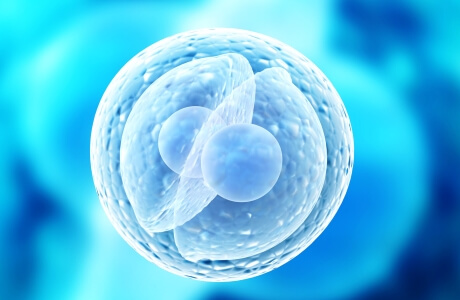
291
445
https://www.checkyourfood.com/content/blob/Micronutrients/top-foods-for-Biotin-B7.jpg
Top 6 ingredients for Biotin (B7) taking into account portion size and cooking retention factors
Filter ingredients by:

 About nutrients
About nutrients
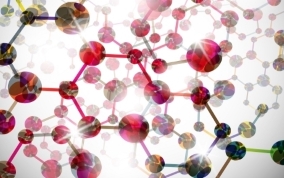 All nutrients
All nutrients
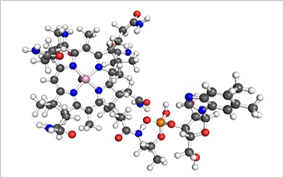 vitamins
vitamins
 minerals
minerals
 phytochemicals
phytochemicals
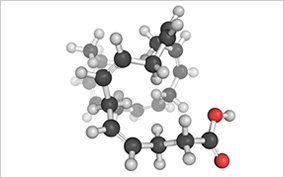 fatty acids
fatty acids
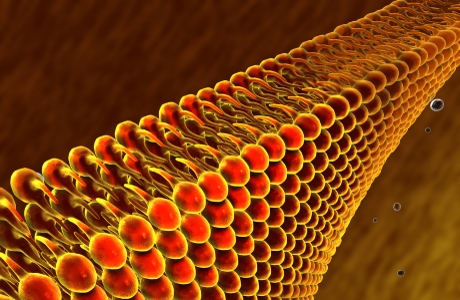 macronutrients
macronutrients
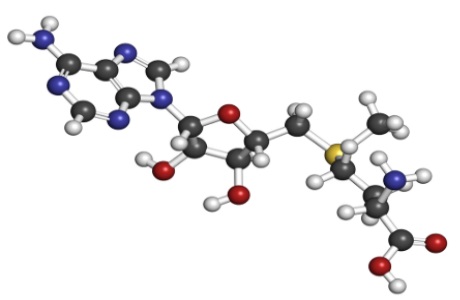 amino acids
amino acids









